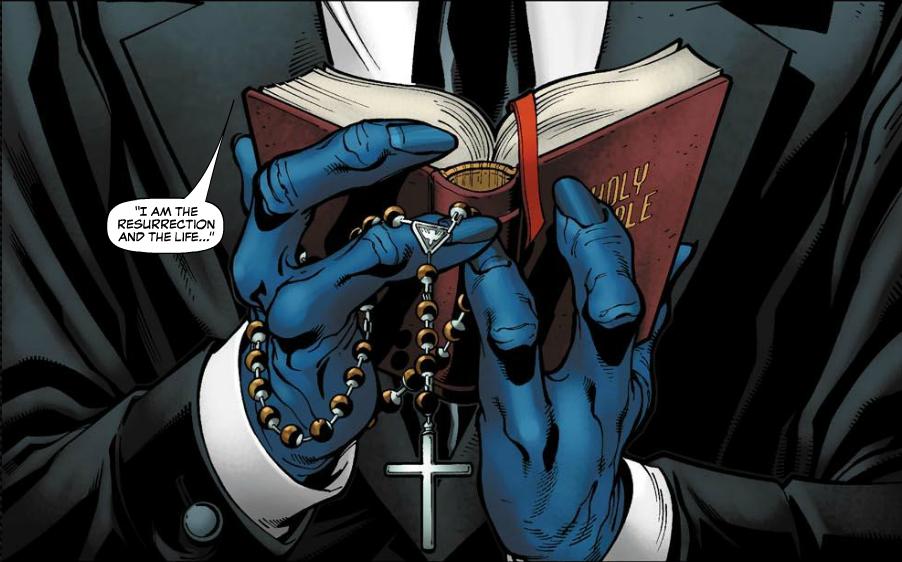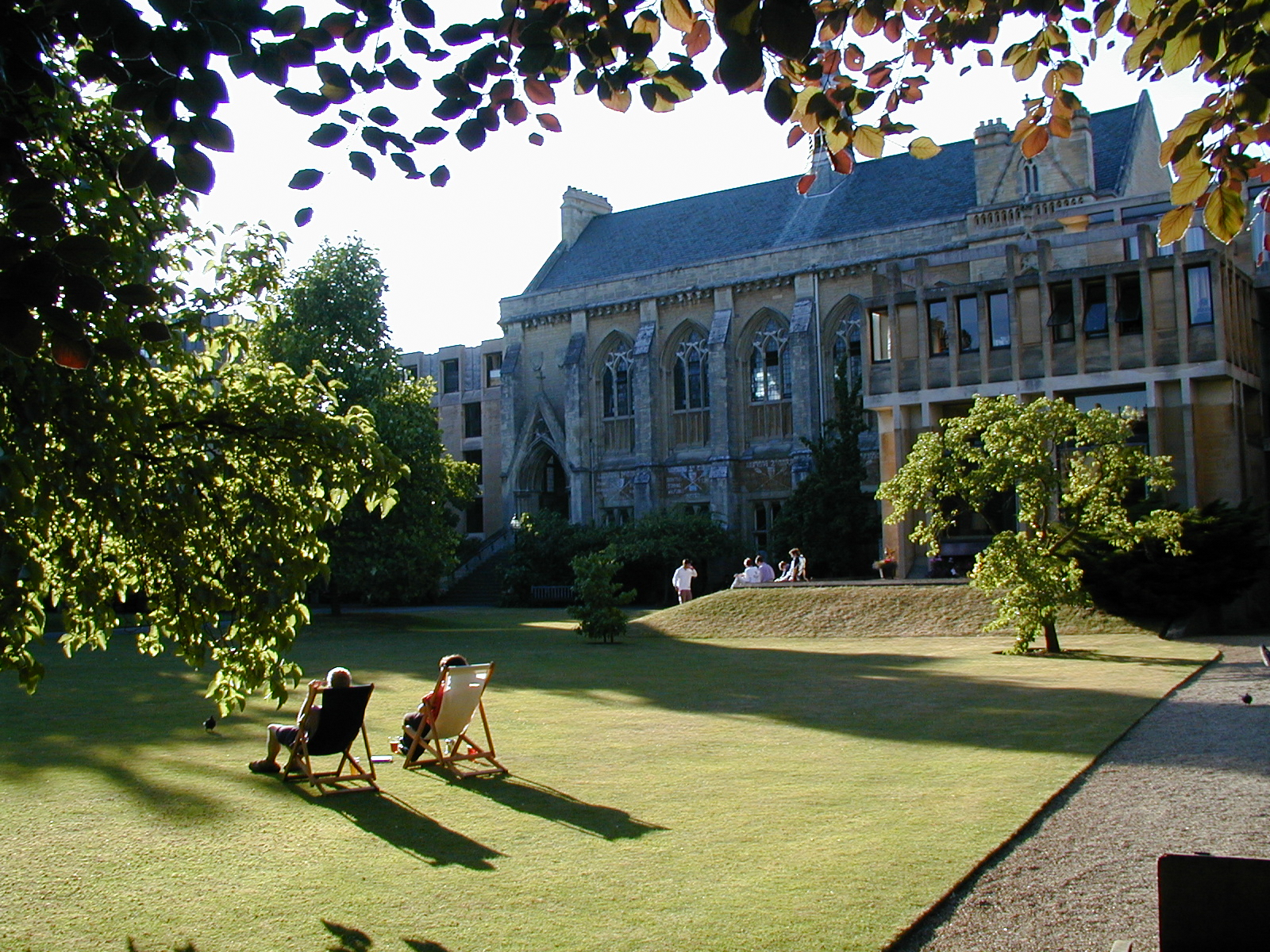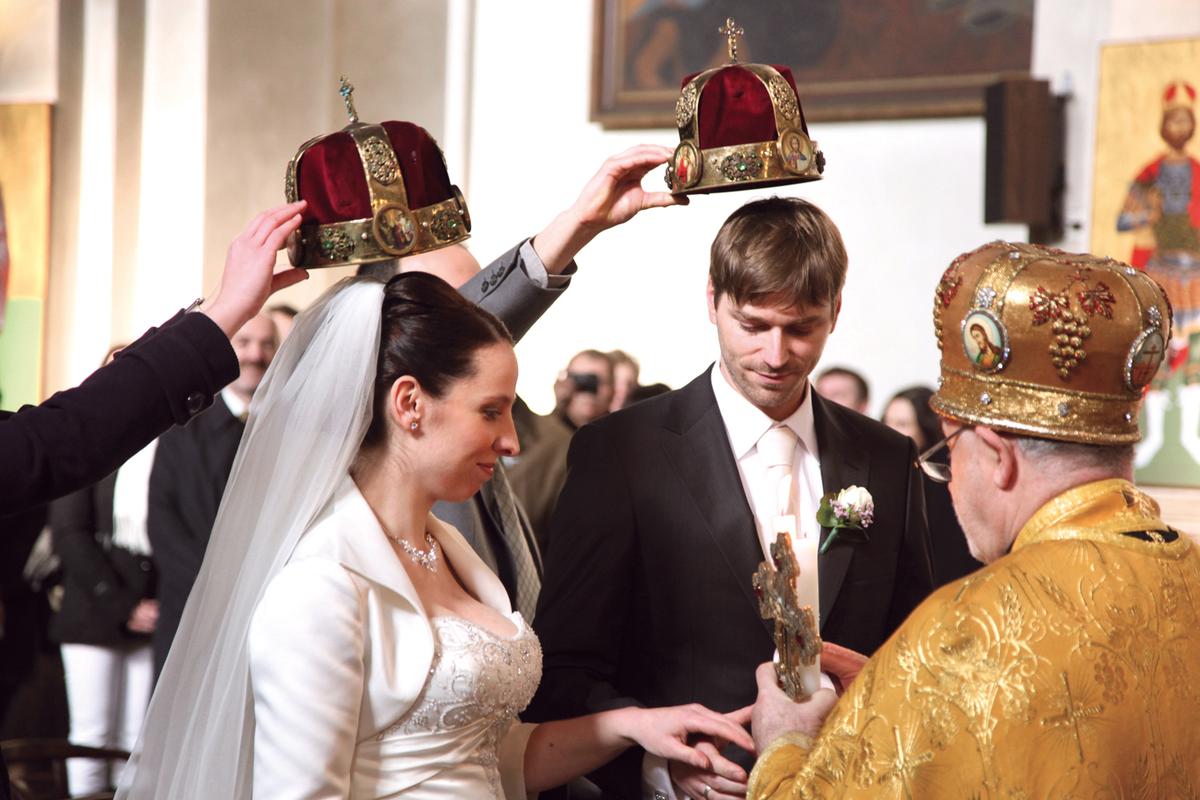I.
Last week was a tiring one. Trinity and Corpus Christi are celebrated with great pomp at my parish (go ahead, act surprised), and I had cupcakes to bake and long shifts at work and helping a friend move and a new story I’m working on and insomnia—that last will hopefully be lessened, now that I have an AC unit in my window.
For months now I haven’t been keeping up with my prayers, except the Rosary, nor with reading Scripture, and my spiritual reading has been occasional and erratic. But I have today off, and I felt a sort of tug to open up my BCP and pray Mattins.1 It was surprisingly refreshing: still familiar, a comforting aspect in itself, but it just felt so good to be actually talking to Him, and using the words of Scripture to do it. You don’t always get consolations from prayer, of course—that’s not what it’s for. But sometimes you do, and it was nice to get one this morning. Thank You.
1The BCP is the Book of Common Prayer of the Church of England. I use the 1662 verson, with a few modifications (e.g., praying for the President instead of the Queen in the antiphons, and for the Pope instead of the Queen in the litany). Mattins, or Morning Prayer (also spelled Matins; I prefer the two Ts to distinguish it from the Roman hour of that name), is a descendant of the Catholic offices of Matins and Lauds together, as prayed in Mediæval England before the Henrician schism.
✠ ✠ ✠
II.
I’ve just begun rereading Dorothy Sayers’ inimitable novel Gaudy Night. Her mastery of literature and language astonishes me. Gaudy Night is specially brilliant, and the theme that unites its two plots—one a detective mystery, the other a complicated romance, both intertwined in an Oxford women’s college—is that of the challenge of balancing the passions of the mind with the passions of the heart. In a way, it’s a novel about discernment.
‘But suppose one doesn’t quite know which one wants to put first. Suppose,’ said Harriet, falling back on words which were not her own, ‘suppose one is cursed with both a heart and a brain?’
‘You can usually tell,’ said Miss de Vine, ‘by seeing what kind of mistakes you make. I’m quite sure that one never makes fundamental mistakes about the thing one really wants to do. Fundamental mistakes arise out of lack of genuine interest. In my opinion, that is.’
‘I made a very big mistake once,’ said Harriet, ‘as I expect you know. I don’t think that arose out of lack of interest. It seemed at the time the most important thing in the world.’
‘And yet you made the mistake. Were you really giving all your mind to it, do you think? Your mind? Were you really being as cautious and exacting about it as you would be about writing a passage of fine prose?’
‘That’s rather a difficult sort of comparison. One can’t, surely, deal with emotional excitements in that detached spirit.’
‘Isn’t the writing of good prose an emotional excitement?’
‘Yes, of course it is. At least, when you get the thing dead right and know it’s dead right, there’s no excitement like it. It’s marvellous. It makes you feel like God on the Seventh Day—for a bit, anyhow.’
‘Well, that’s what I mean. You expend the trouble and you don’t make any mistakes—and then you experience the ecstasy. But if there’s any subject in which you’re content with the second-rate, then it isn’t really your subject.’
[…] ‘Did you discover that by making a fundamental mistake?’ asked Harriet, a little nervously.
‘Yes,’ said Miss de Vine. ‘I once got engaged to somebody. But I found I was always blundering—hurting his feelings, doing stupid things, making quite elementary mistakes about him. In the end I realized that I simply wasn’t taking as much trouble with him as I should have done over a disputed reading. So I decided he wasn’t my job.’ She smiled. ‘For all that, I was fonder of him than he was of me. He married an excellent woman who is devoted to him and does make him her job. I should think he was a full-time job. He is a painter and usually on the verge of bankruptcy; but he paints very well.’2
Like I said, the book’s fantastic. Go forth and read.
2Gaudy Night, pp. 199-201.
✠ ✠ ✠
III.
I’ve now hit four Amazon reviews for my own novel, Death’s Dream Kingdom, and gotten some questions about the sequel. Sales are slow, of course—I hate having to promote my work, it feels like I must sound arrogant—but, for a quasi-self-published piece, it’s really not doing badly.
If you want to know what you’re getting into, I suggest reading some of the following entries on TVtropes:
✠ ✠ ✠
IV.
Our sacristan passed away late last year, and his house, which is attached to the parish, is slowly being emptied, cleaned, and re-painted. (I also inherited a neat leather jack from him, and a nice red silk tie.) In August, four other members of the parish and I will be moving into it as a little community: we all need a place to live, the church needs some revenue, and the house would just stand there empty otherwise. It was the church’s rectory for many years, and then it served as a convent for some teaching nuns—Mount Calvary always was a thoroughly Anglo-Catholic parish, even before it converted! Anyway, your prayers for the incipient community are welcome.
✠ ✠ ✠
V.
Pandora attempts to close the box. Based on a painting by F. S. Church, 19th century.
Since I found myself more deeply accepting celibacy—that acceptance is certainly still a work in progress, but I think I’ve been dragged past a corner—I’ve been noticing a couple of interesting changes, one of which is that I seem to be taking slightly better care of myself. I’m not sure all the reasons I’ve done that so poorly for so long; part of it was the depression, certainly, but I think I also always vaguely expected to be able to pass the buck to a partner one day: he’d nag me to take care of myself and I’d do it, and vice versa. It’s funny, because there are some forms of housework I actually like doing, like sweeping, but when it comes to cleaning and organizing my own room, or working out, or anything like that, it seems to require an inordinate amount of effort. But, that’s a little less true now. I feel that that’s a good sign.
In the myth of Pandora and her box of evils, Hesiod (the poet who relates the tale) says that though all the other contents of the box, like pain, anger, drudgery, and gossip escaped, one thing was trapped inside when Pandora hastily shut the lid: hope. To this day, there’s debate over exactly what he meant by that. Was he saying that hope was trapped in the box, and so we mortals have no hope? Or that hope would be another evil, and at least we were spared that? Or did the box close on hope to preserve it from the attacks of the evils, which would have destroyed it?3 I can’t say why exactly, but I feel as if I understand this myth better than I used to. As if there’s something about celibacy that’s intimately connected to a clear understanding of hope. I’m not sure what that would be, but (ugh, no pun intended) I hope I find out.
3From what I know of Hesiod, my money’s on one of the more pessimistic readings, but I have no proof. A rather ingenious interpretation I heard of in college, and one fully in accord with ancient Greek misogyny, is that Pandora’s box represents the vagina, and hope is the evil that keeps men going back there. An even more ingenious reversal would be to connect that meaning of the myth to the maternity of the Blessed Virgin Mary, who did bring forth hope into the world.











.jpg)